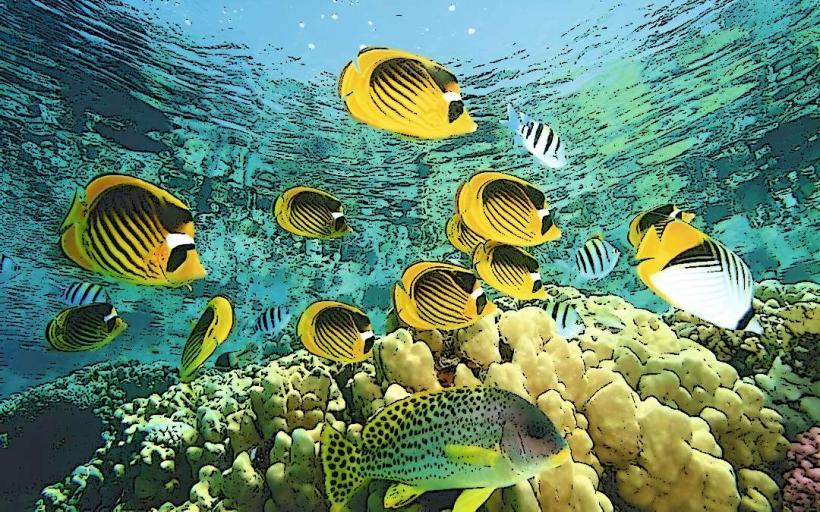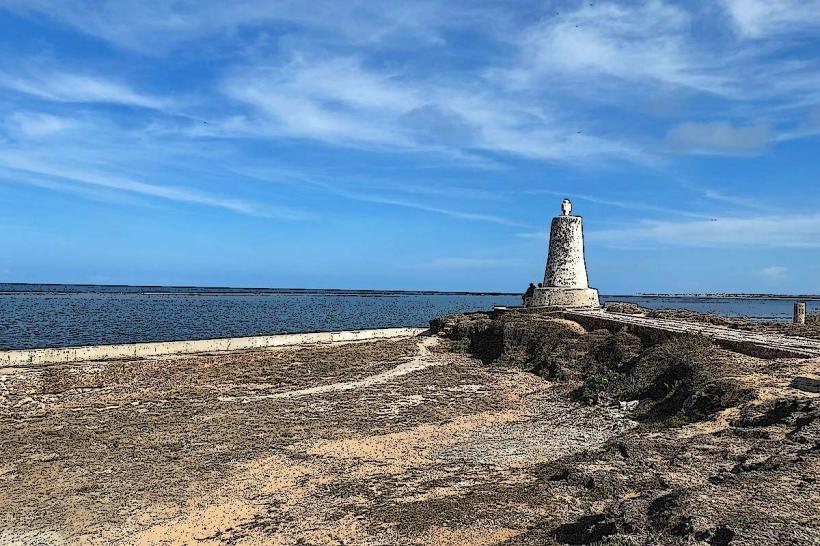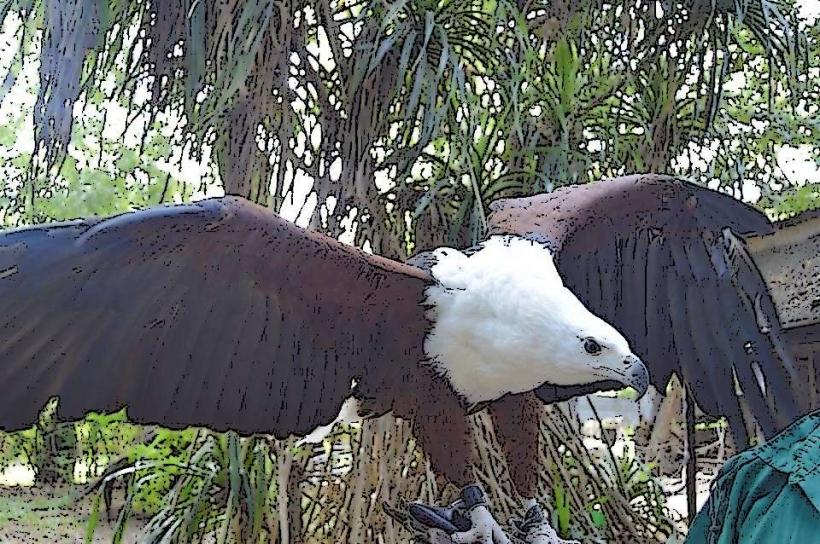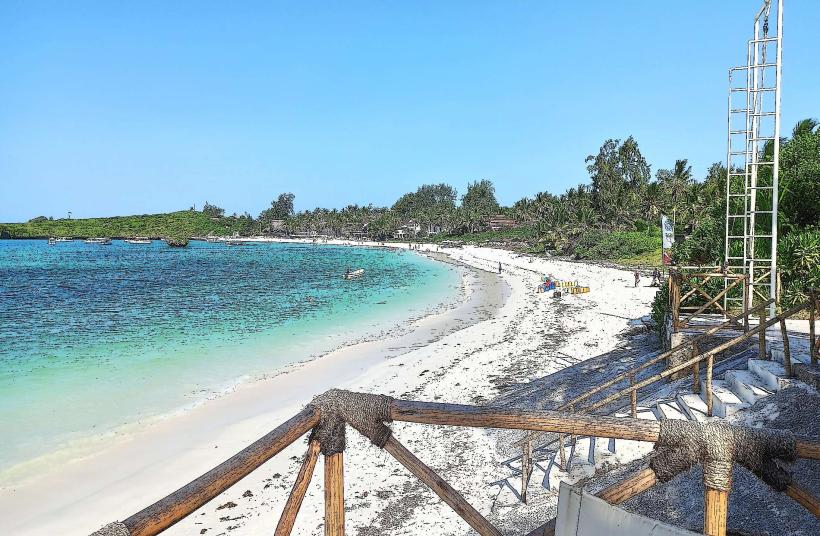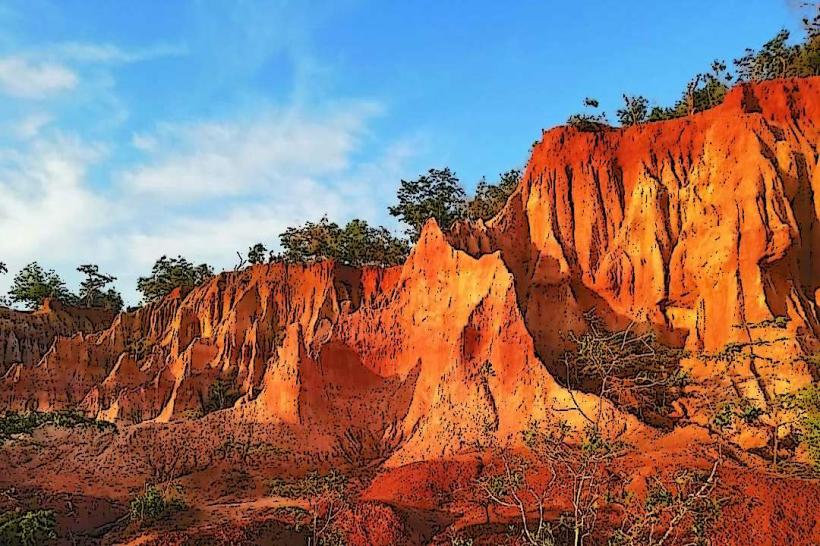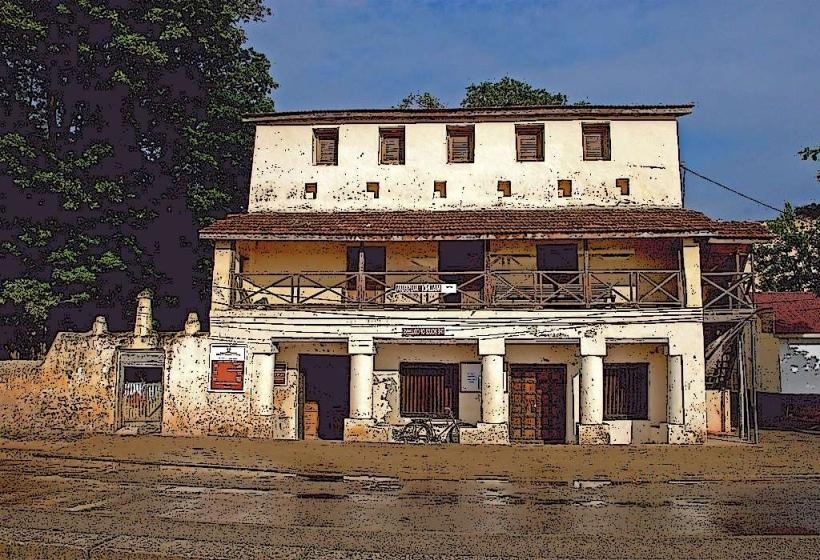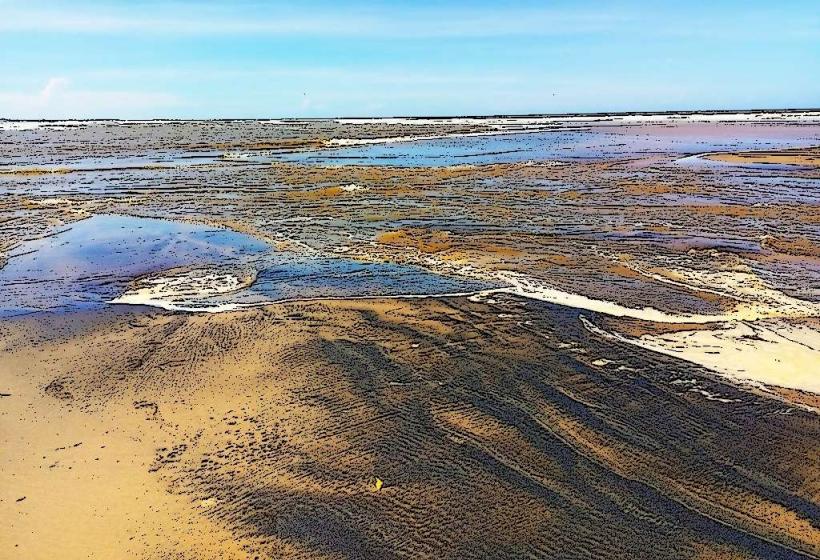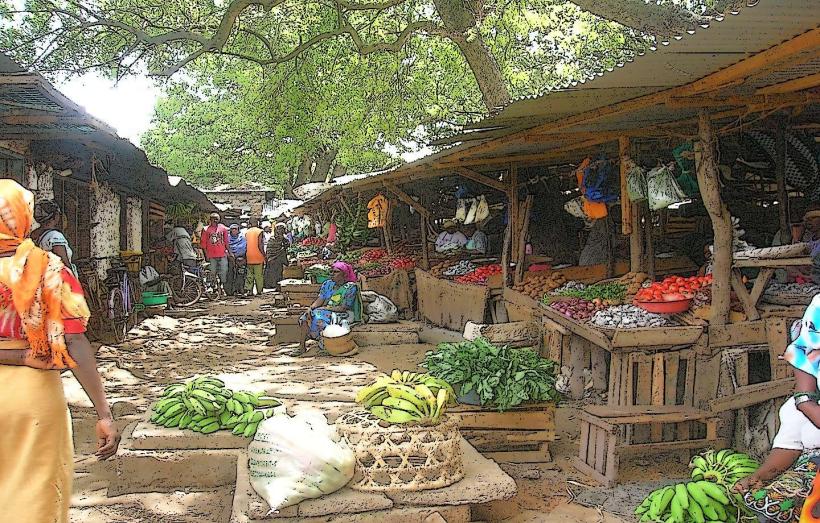Information
Landmark: Bio-Ken Snake FarmCity: Malindi
Country: Kenya
Continent: Africa
Bio-Ken Snake Farm, Malindi, Kenya, Africa
Bio-Ken Snake Farm is a notable snake research and conservation facility located near Watamu, along the Kenyan coast. Here's a detailed look at what it offers:
Overview:
Bio-Ken Snake Farm was established in 1980 by James and Sanda Ashe with the aim of preserving and researching snakes. It has become one of the leading institutions for snake conservation in East Africa. The farm is focused on educating the public about the importance of snakes and their role in the ecosystem while also conducting scientific research.
What You Can Expect:
Extensive Snake Collection: The farm houses over 260 reptiles, including around 127 species of snakes. This includes both venomous and non-venomous species, such as:
Black Mambas
Cobras
Puff Adders
Spitting Cobras
Vipers, and many more. It is one of the largest collections of snakes in Africa, making it an ideal location for anyone interested in herpetology (the study of reptiles and amphibians).
Venom Milking: One of the unique aspects of Bio-Ken is its venom extraction process, where venomous snakes are "milked" to extract venom, which is later used in the production of anti-venom. Visitors can observe this process during special demonstrations, giving them an insight into how anti-venoms are produced for life-saving purposes.
Guided Tours: The farm offers informative and engaging guided tours that last around 45 minutes. During these tours, visitors learn about the biology, ecology, and behavior of the snakes on display. Knowledgeable guides provide valuable information, helping visitors understand how different species of snakes contribute to the local ecosystem.
Snake Removal Service: Bio-Ken also provides a public service by offering snake removal from homes and businesses in the Watamu region. Their team is trained to handle snakes safely and humanely. Once captured, the snakes are released back into their natural habitat away from human settlements.
Snake Safaris: For those interested in observing snakes in the wild, Bio-Ken organizes snake safaris to nearby locations such as Jimbe and Gede. These excursions allow visitors to observe snakes in their natural environment, providing a rare and exciting opportunity for wildlife enthusiasts.
Location and Facilities:
Address: The farm is located on Gede Watamu Road, Watamu, Kilifi County, Kenya. This region is easily accessible for visitors staying in nearby coastal towns like Watamu and Malindi.
Operating Hours: The farm is open daily from 10:00 AM to 5:00 PM, allowing ample time for visitors to explore the exhibits and participate in the daily activities.
Visitor Information:
Admission Fees: The entry fee to the Bio-Ken Snake Farm is relatively modest, and it includes the guided tour. While specific prices may vary, the cost is affordable for most visitors, and the value provided by the experience is considered high.
Best Time to Visit: The best time to visit the farm is during Kenya’s dry season, between July and October. During these months, the weather is typically sunny and comfortable, making it ideal for outdoor activities like tours.
How to Get There:
Bio-Ken is located in Watamu, approximately 20 minutes from Malindi town and 10 minutes from Watamu Beach. You can reach it by car or taxi, and local tour operators often include it as part of a larger safari or day trip package.
Contact Information: If you wish to make inquiries or book a visit, you can contact the farm at +254 723 386 558.
Educational Role:
Aside from its research and conservation efforts, Bio-Ken also focuses heavily on public education. The farm helps dispel common myths and fears about snakes, offering visitors a chance to learn about these creatures from a scientific and conservationist perspective. Many of the snakes housed at the farm are endangered, and the farm works to protect their populations through breeding programs and educational initiatives.
Conservation:
In addition to venom extraction, Bio-Ken plays a crucial role in snake conservation in Kenya. It provides a safe haven for reptiles that have been injured, and it promotes the protection of species that are under threat from habitat loss or human activity. The farm’s educational outreach also helps local communities understand how to coexist peacefully with snakes.
For more information, visitors can reach out directly to Bio-Ken via their website or phone for booking tours or other inquiries. The official website is www.bio-ken.com.
This makes Bio-Ken Snake Farm a must-visit for anyone with an interest in wildlife, reptiles, and conservation efforts in East Africa.

